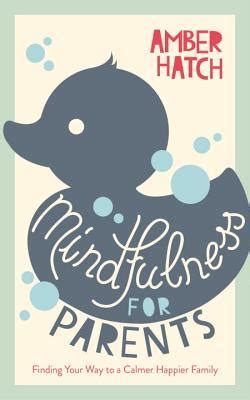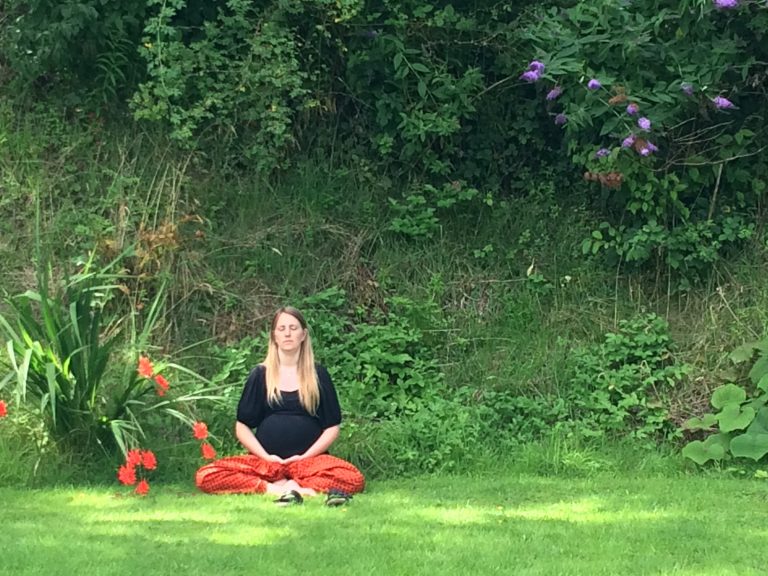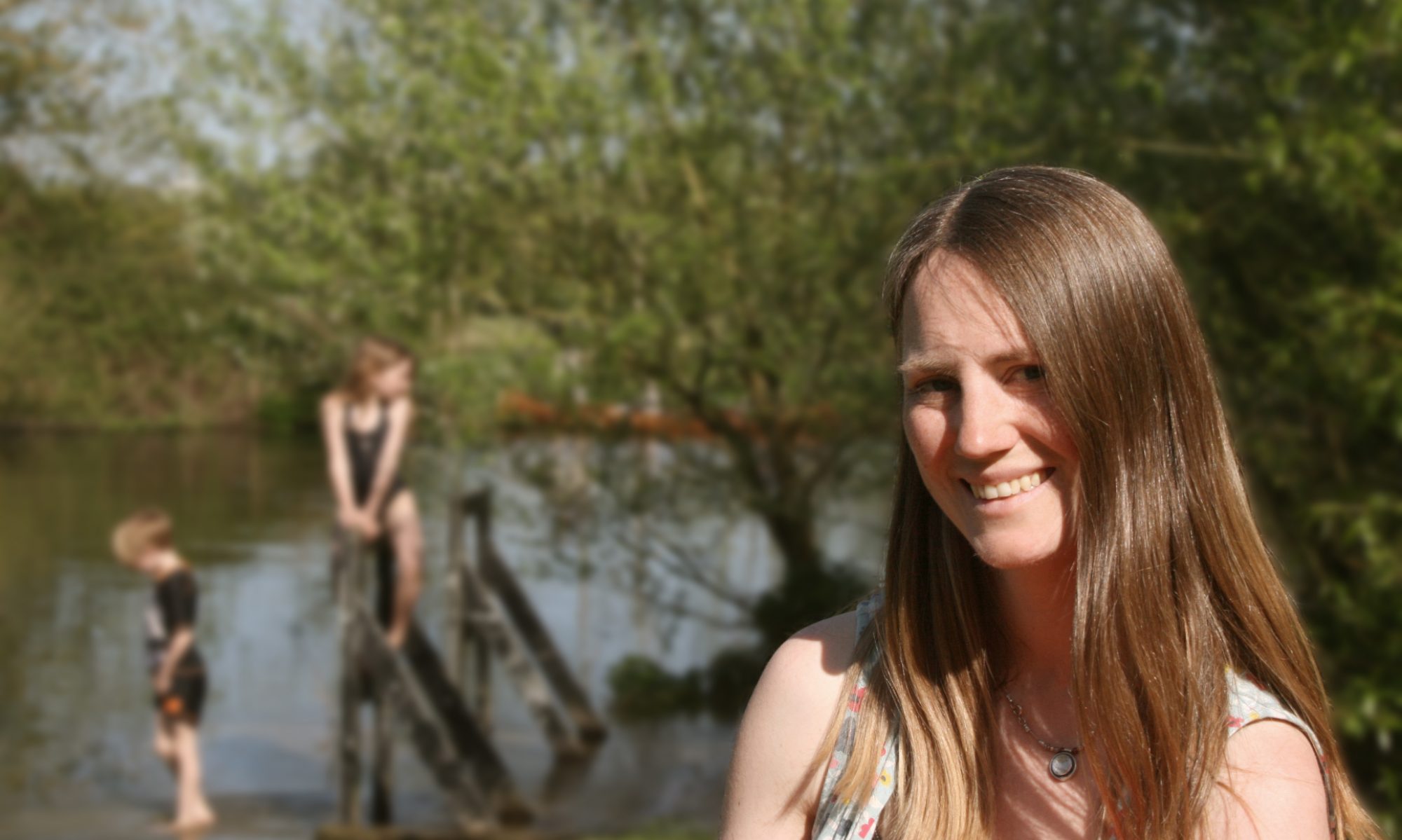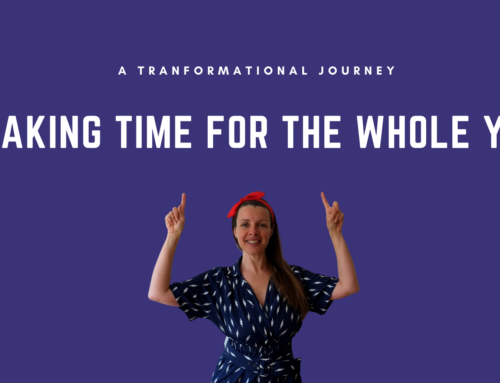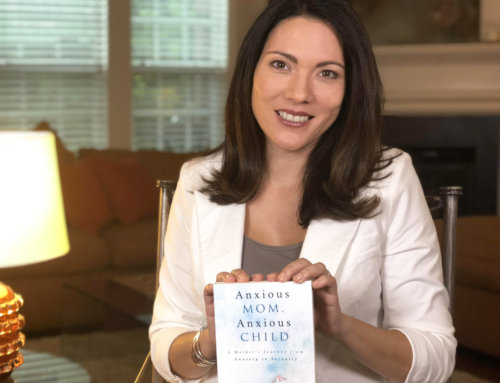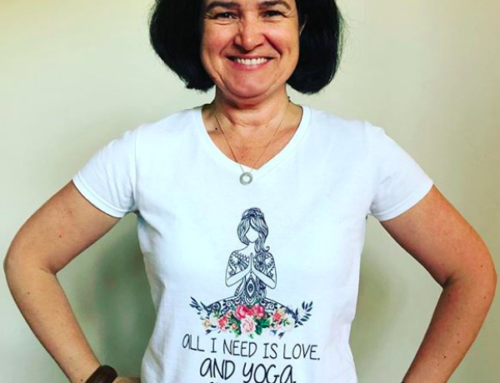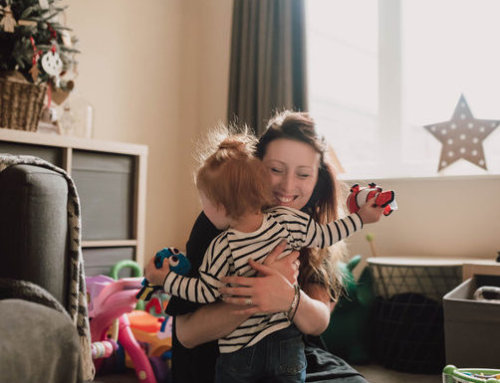As I grew up my mum, who was “hippy” always meditated and she would give us meditation tapes (!!!) to go to sleep to when we children. In my late teens I spent time is a few Buddhist centers in Holland and in the UK, then I married a DJ and spent more time in the corporate world or dancing in clubs and sadly lost this connection. However, since becoming a mother, particularly in my earlier years as a single mother, I searched out meditation and mindfulness to support me in my parenting challenges. Now it is a part of my day to day life.
Recently during a 3 month trip to Bali, I attended a deep mindfulness and meditation course, where we really dug at our experiences of being parented and being parents and how that affects so much of who are. It was enlightening and I knew I wanted to interview mindful parents as this is a game changer in parenting, so I am very happy to be able to interview Amber Hatch author of Mindfulness for Parents.
Hi Amber, I am a great believer that no mum (or dad) should have to do everything herself, we can’t possibly know it all, and we need all the support we can get, there is a wealth of information out there to help us upgrade our parenting experience, to make our lives easier and this website is a hub for just that! We love that you are arming parents with simple solutions for being more mindful.
For those who may not know that much about mindfulness can you explain a bit more about what it is and how it differs from a meditation practice?
My own meditation practice is rooted in a Thai Buddhist tradition that teaches that mindfulness is the cornerstone of all meditation practice. Mindfulness is a quality that enables us to be aware of our present moment experience. If we sit and do a formal meditation practice, for example one where we watch the breath, then mindfulness will be the quality that lets us know where we are – when we are focussed on the breath or when our thoughts have wondered onto dinner…
We don’t just use mindfulness during meditation however – we can use and cultivate it throughout the day. Being present will help us with all of our tasks, no matter what they are.
How did you discover mindfulness and meditation?
During my labour with my first child! That sounds like an odd time to discover it, but I had a very intense experience during the birth of my eldest. I had opted for a homebirth and was labouring on my hands and knees throughout the night in a darkened room. I was practising the oms I had learnt in pregnancy yoga and I was really attending to the breath, probably for hours. I had a profound experience as the labour progressed into transition – suddenly I found that if I kept my attention on the oms then the pain literally vanished, but as soon as I let my thoughts wonder onto “oh poor little me… why is this happening to me?…” then the pain abruptly resurfaced.
After my baby girl was born (she was a big 9 llb 13 oz) I reflected that I had made contact with something very special during the labour – something so powerful it could momentarily wipe out the agony of birth pains. I knew I was onto something. So, I began to ask questions and read around, and eventually I joined a meditation class.
There is a big trend in teaching children mindfulness but you also champion that parents should adopt this practice, how can mindfulness help us parent better?
I think it’s much more important for parents to learn and practice meditation than it is for children to do so. It worries me that parents may look to meditation as a magic pill that fixes undesirable behaviour in children. We really need to set our own house in order before we try to intervene in their house.
The positive qualities that we cultivate in meditation will help us in a myriad of ways – it will help you stay calm in a crisis, stay patient, feel good about how you talk to your family, keep a sense of perspective… what parent wouldn’t want help with this?
Practicising meditation helps you to maximise the resources you already have – and multipy them! It’s very empowering to realise that we have within our grasp the possibility to have a happier calmer time and to be better parents.
Can mindfulness help with bedtime and mealtime struggles and if yes how?
Mindfulness can help us recognise when we are reaching our own flash points. It helps us diffuse and avoid conflict. We can never take all difficulty out of parenting – but with mindfulness we can avoid making things worse by meeting conflict head on. It helps us connect with our children and see things from their point of view. That’s a really good place to be if you are trying to resolve difficulties.
If children can see that you are calm and collected, then they start to absorb that too and may stop acting out.
Can you give us some other ideas about how to incorporate mindfulness and meditation into family life?
We can do a practice that is “attaching mindfulness to an activity”. The idea is that you purposefully commit to practicing mindfulness while you do a specific task. I particularly like to do this with reading to my children. All too often, especially if it’s a book I know well, it’s easy to read on auto pilot and use the time to plan the next thing.
So when I’m reading mindfully – I try really hard to engage with the text – and as I read it to listen to the story as if it’s unfolding for the first time – hearing it just like my child is. If I find my attention wondering, I just turn it straight back. It turns the experience into a really joyful connection.
Another tip I have is to use something as a “bell of mindfulness”. Use a regular event to remind you to be mindful. I found myself using my eldest daughter’s scream (she was a very vocal toddler!). This turned out to be the very best kind of bell, because when she was screaming was the exact time that I most needed mindfulness. It helped me to stay calm while I weathered her storm.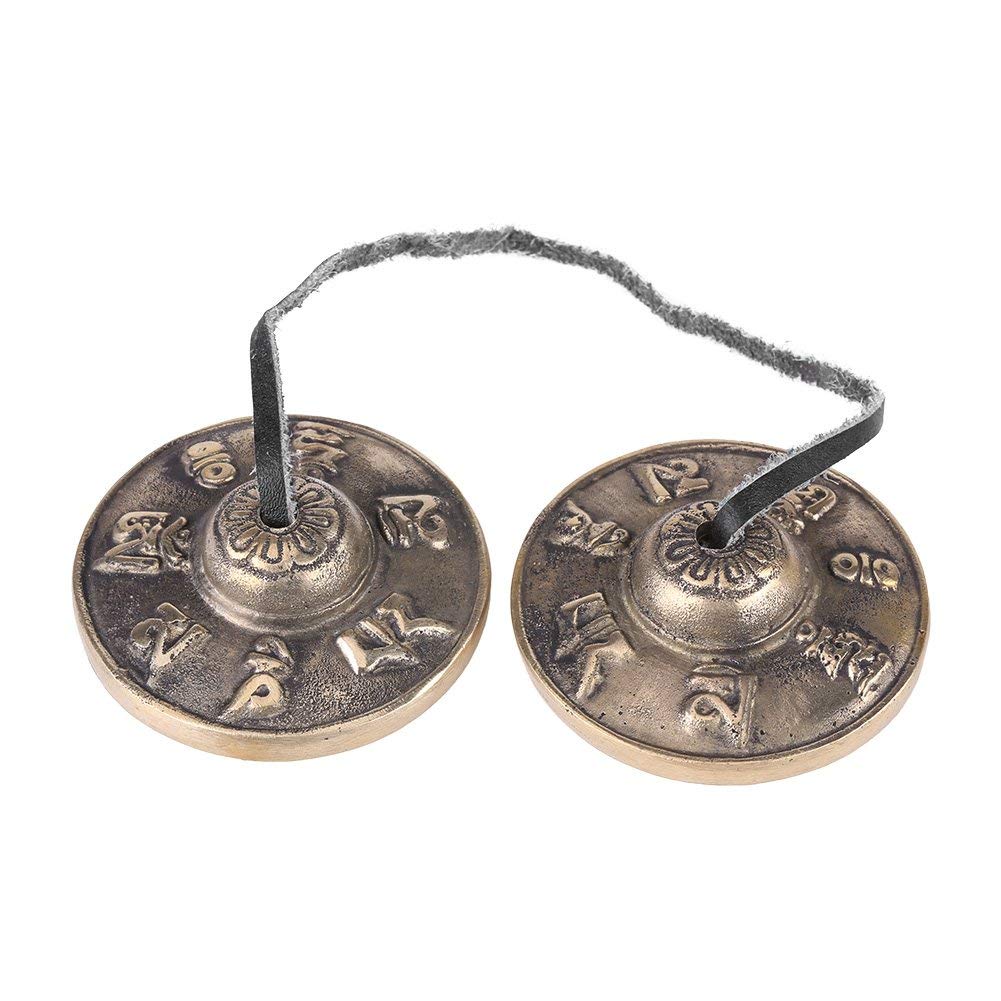 We are great believers in modeling behaviour do you think that if our children witness us Meditating or being Mindful it will encourage them to do the same?
We are great believers in modeling behaviour do you think that if our children witness us Meditating or being Mindful it will encourage them to do the same?
I think that children need to come to meditation in their own way, so it would be rash to expect that if they see you sitting to practice then they will copy you in a day or two… (I wish!) Hopefully it will make them more open to it at some point.
However, I absolutely believe that the qualities of mindfulness “rub off” on those around us. We people are very sensitive beings and children are no different. Think about what happens when someone angry enters a room imagine them storming and bristling – it can set everything and everybody on edge. We all feel tense. So if someone comes in very calm and present – it might not be so obvious but we are absorbing that too.
I don’t think it’s so much about encouraging them to be mindful — it’s more that they can’t help mirroring our behaviour – it’s catching.
If you would like to to read more about Amber Hatch you can visit her website HERE
Get inspired by the books below:

